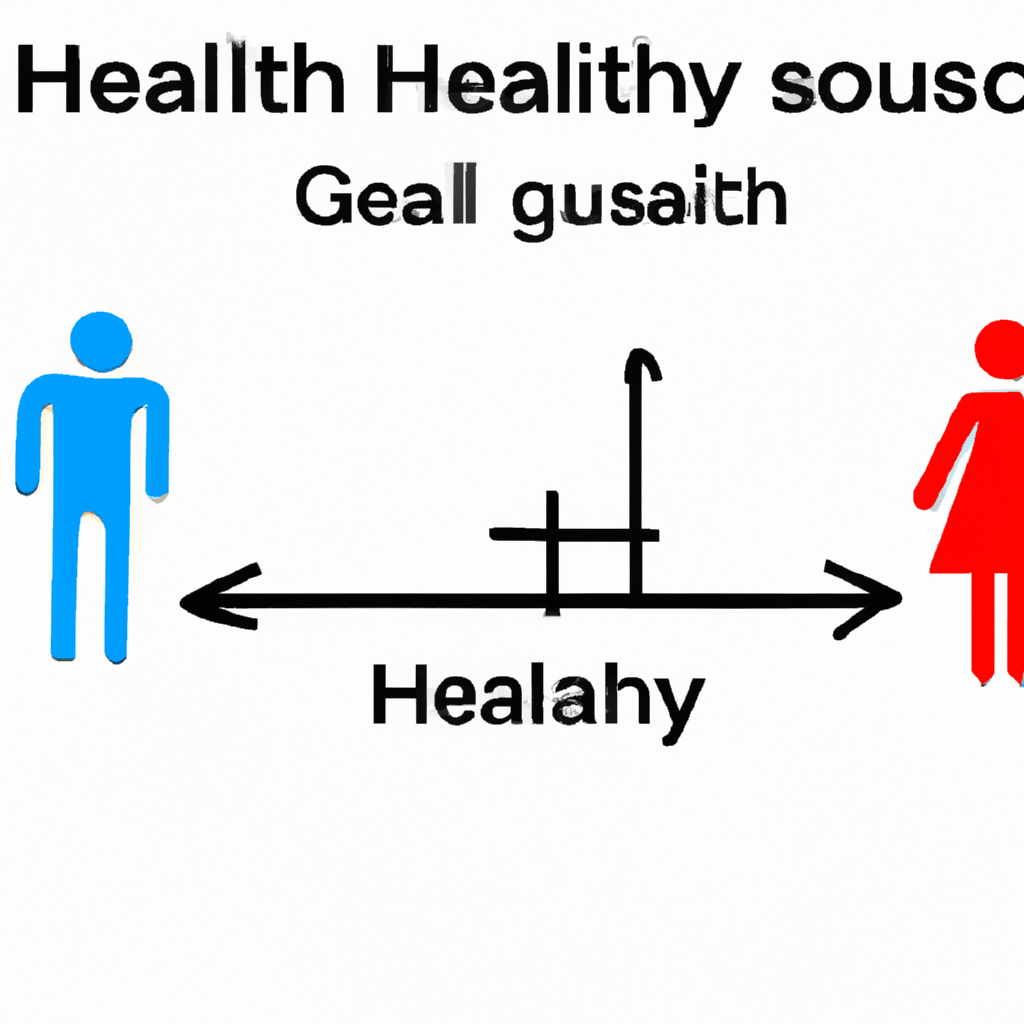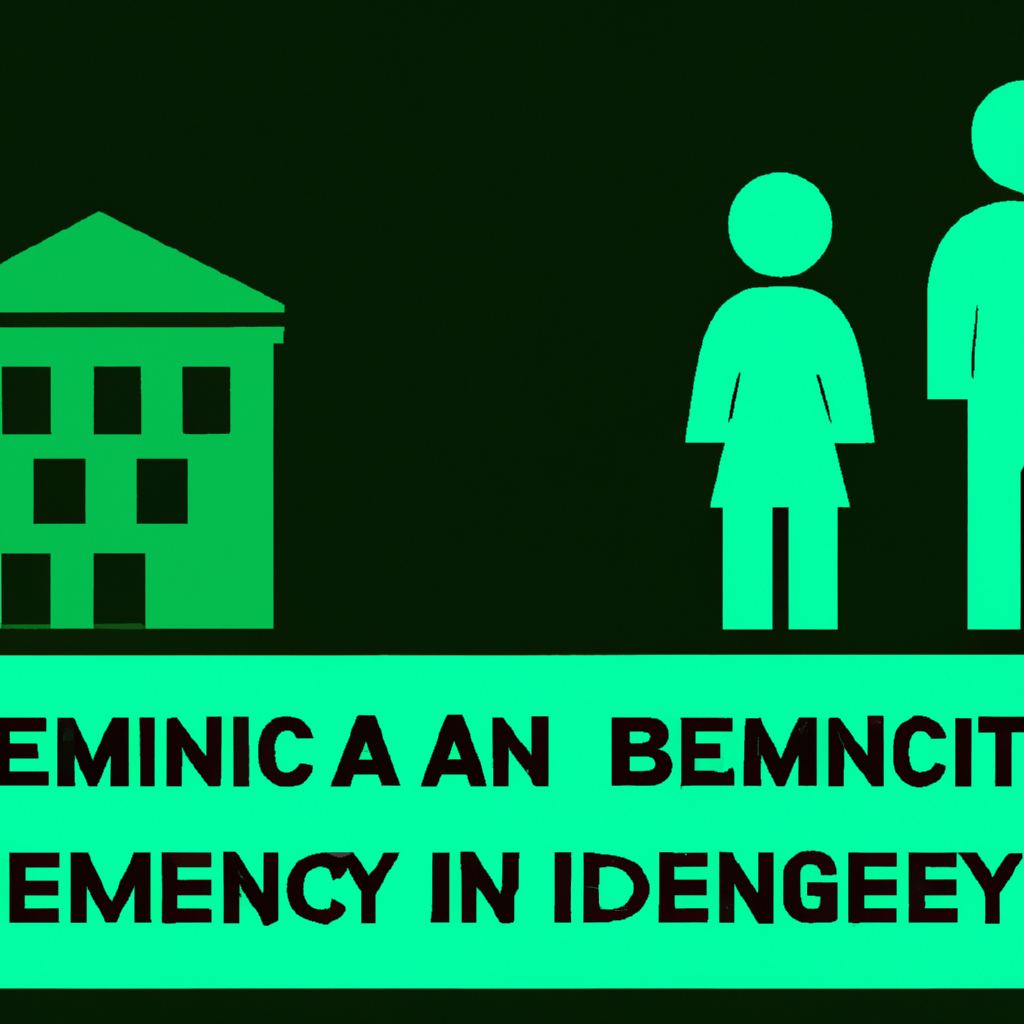Consequences of income inequality

Income inequality has far-reaching consequences, impacting every aspect of society. One consequence is the perpetuation of poverty. When a few individuals possess a majority of wealth, it becomes increasingly difficult for those at the bottom to escape poverty. This disparity also leads to social and political unrest. As the gap widens, tensions arise, creating a divided society that hampers progress and stability. Additionally, income inequality poses a threat to health and well-being. Limited access to resources such as healthcare and education disproportionately affects those with lower incomes, further deepening the disparities. Understanding these consequences is crucial in addressing and mitigating the harmful effects of income inequality.
Read more
Attempts to address income inequality throughout history

Throughout history, various attempts have been made to address income inequality, as societies recognize the importance of a fair distribution of wealth. These efforts encompass social, economic, and political strategies aimed at reducing disparities in income. From ancient civilizations implementing land reforms and progressive taxation systems to modern policies such as minimum wage legislation and progressive taxation, societies have grappled with finding solutions to income inequality. Social movements advocating for workers' rights, such as the labor movement and the fight for gender equality, have also played a significant role in challenging income inequality. While progress has been made, the complexities of income inequality persist, prompting ongoing debates and further initiatives to address this issue.
Read more
Causes of healthcare inequality

Healthcare inequality is a systemic issue rooted in various causes. Socioeconomic status plays a significant role, as individuals with lower income levels often encounter barriers to accessing quality healthcare services. Limited access to healthcare facilities, health insurance, and high healthcare costs contribute to disparities in healthcare outcomes. Discrimination based on factors such as race, ethnicity, gender, or disability also perpetuates inequality. Inadequate healthcare infrastructure and resources in underserved communities further exacerbate inequities. Additionally, cultural and linguistic barriers, as well as educational disparities, create significant challenges in seeking and understanding healthcare information. Addressing these root causes is crucial for ensuring equal access to healthcare services for all individuals.
Read more
poverty and inequality

Poverty and inequality are two intertwined challenges that persistently plague our societies. Poverty, often characterized by a lack of basic needs and limited access to resources and opportunities, affects millions of individuals worldwide. It encompasses not only material deprivation but also the denial of fundamental human rights and social exclusion. Inequality, meanwhile, refers to the unequal distribution of wealth, income, and opportunities among individuals or groups. It further exacerbates poverty, creating a cycle of disadvantage where those at the bottom of the socioeconomic ladder struggle to break free. Tackling poverty and inequality requires comprehensive strategies that address structural barriers, promote equitable development, and ensure social justice for all.
Read more
Role of education in reducing income inequality

Education plays a crucial role in reducing income inequality by equipping individuals with the necessary knowledge, skills, and opportunities for upward mobility. A well-rounded education provides individuals from disadvantaged backgrounds with a pathway to break the cycle of poverty, access higher paying jobs, and improve their livelihoods. By promoting equal access to quality education, societies can level the playing field and bridge the income gap between the rich and the poor. Education empowers individuals to acquire the skills they need to participate in the modern workforce, increases their earning potential, and fosters social mobility, ultimately leading to a more equitable distribution of wealth.
Read more
Government policies to reduce income inequality

Government policies play a crucial role in reducing income inequality within societies. One way they address this issue is through progressive tax systems, which require individuals with higher incomes to pay a larger percentage of their earnings in taxes. This redistributes resources to support those with lower incomes and helps bridge the wealth gap. Additionally, governments can implement social welfare programs such as healthcare, education, and affordable housing initiatives. By providing equal access to essential services, these policies enable individuals from disadvantaged backgrounds to improve their socioeconomic status. Ultimately, such measures aim to create a more equitable society where everyone has equal opportunities for success.
Read more
Global perspective on income inequality

Income inequality, a pervasive issue globally, demands immediate attention. As economies continue to grow, the gap between the rich and the poor widens, raising concerns regarding social stability and human development. In a global perspective, income inequality reveals stark disparities between countries, with some regions experiencing extreme poverty while others enjoy extravagant wealth. Factors contributing to this disparity include unequal access to education, opportunities, and resources. Furthermore, globalization has intensified income inequality, as multinational corporations exploit cheap labor in developing countries while the rich accumulate vast fortunes. Addressing this issue requires a collective effort from governments, international organizations, and societies to create policies that promote equal distribution of wealth and ensure a fair and just global economy.
Read more
Policies to address income inequality

Policies to address income inequality revolve around creating a more equitable society by bridging the wealth gap. One approach is implementing progressive tax systems, where higher-income individuals contribute a larger proportion of their earnings. Another strategy is to strengthen labor laws and regulations, ensuring fair wages and better working conditions for all. Additionally, investing in quality education and vocational training can empower individuals to acquire better-paying jobs and improve their socioeconomic status. Social safety nets, such as universal healthcare and affordable housing initiatives, can also help alleviate financial stress and provide stability for those in need. Ultimately, these policies seek to create a more just and inclusive society, where everyone has an equal opportunity to thrive.
Read more
Inequality and social mobility

Inequality and social mobility are intertwined concepts that shed light on the disparities within a society. Inequality refers to the unequal distribution of resources, opportunities, and wealth among individuals or groups. This disparity often leads to social divisions, limited access to education, healthcare, and employment opportunities. Social mobility, on the other hand, represents the ability of individuals to move up or down the social ladder based on factors such as education, skills, and economic opportunities. The extent of social mobility within a society indicates the potential for individuals to improve their socioeconomic status. Addressing inequality and promoting social mobility are crucial for building a more equitable and inclusive society.
Read more
Consequences of income inequality

Income inequality has far-reaching consequences that extend well beyond the surface level impact on individuals' financial circumstances. It perpetuates social divisions, leading to a fragmented society that experiences increased tensions and reduced social cohesion. Inequality also hampers economic growth and stability, as it limits access to education, healthcare, and critical resources for marginalized groups. The consequences of income inequality include higher rates of crime, decreased social mobility, and reduced trust in institutions. Moreover, it can have severe implications for mental and physical health outcomes, ultimately widening the gap between the rich and the poor. Addressing income inequality is crucial for the well-being and progress of society as a whole.
Read more












